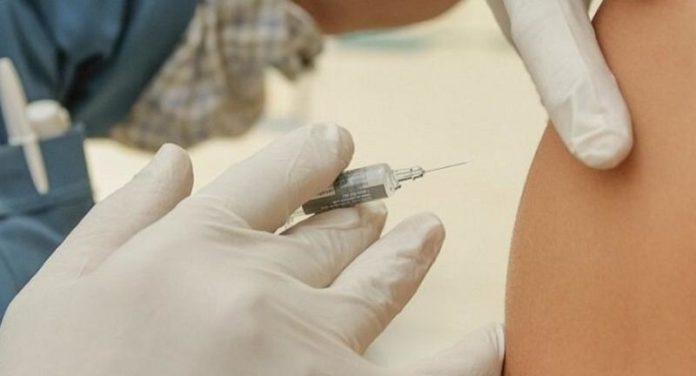In February 2021, the COVID-19 vaccination programme started in South Africa – providing a small glimpse of hope. At hospitals around the country, healthcare workers and other essential workers are getting their vaccinations. There are many people involved in the process of vaccination including nursing students. Two students from the University of Free State school of nursing shared their experiences.
Refiloe Herimbi and Lecharl Betty are second year students at UFS. They are responsible for screening patients before and after receiving the vaccine.
Refiloe Herimbi
How were you chosen to be a part of the vaccine process?
I became part of the vaccine process because there was a vacancy for students to volunteer by helping where needed within the whole vaccine process. So I chose to volunteer.
What is your role in the process?
In the vaccine process I am mainly responsible for taking pre-vaccination vital signs and giving the patient /candidate health education. For instance I tell them what the side effects of the COVID-19 vaccine are. I also make sure that they understand what they are giving consent for.
What goes into screening patients and giving them information?
What goes into the screening process is that sometimes the patients are a bit uncertain or nervous about the side effects thereafter taking the vaccine. This avails a moment of informing and reassuring the patient about the effectiveness of the vaccine. Then in terms of giving information most patients have a lot of questions. This is always a motivation to stay informed about vital information that patients might require.
What does it mean to be a part of the process?
Being part of this process for me means mainly that I get to learn, grow and be of assistance to our health care department.
Read more: Here’s what you need to know about the COVID-19 vaccine
Lecharl Betty
How were you chosen to be a part of the vaccine process?
I contacted my lecturer. My lecturer asked me if it would be fine if my name is given to the people responsible for all the arrangements to help with the vaccine launch.
What is your role in the process?
My role in the process is to take the post-observations (the blood pressure, oxygen saturation and then the pulse) of each patient after the vaccine was given. This means I have to observe and see whether there are no reactions to the vaccination.
What goes into screening patients and giving them information?
In the screening process there are two parts, the pre-observations and the post-observations (where I was placed). We take the normal observations and then we ask the patient how they are feeling and whether they are experiencing any side effects or not. Thereafter we give them information on what symptoms they should expect after the vaccine was given. The symptoms include pain or swelling on the injection site and then normal flu like symptoms for at least 1-2 days. Lastly the most important information we give is the emergency number patients can call if their symptoms worsen.
What does it mean to be a part of the process?
I feel extremely fortunate to be part of this process. I would have never thought something this big would cross my path.
Read more: What vaccine hoarding will mean for international travel
The interviews have been edited for clarity and brevity.









